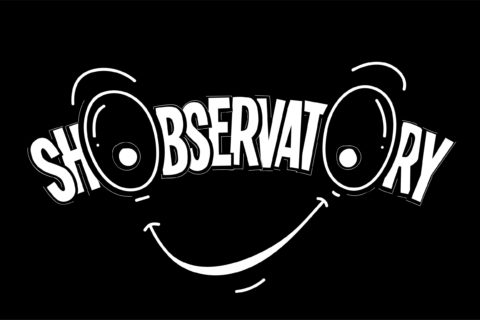As market research professionals, we strive to identify economic and social trends as soon as they appear to allow organisations to spot early opportunities to develop and adapt the products and experiences they offer. It is therefore not surprising that faced with a global pandemic that changed our lives overnight organisations are looking at us for guidance in these unprecedented times.
The pace at which consumers live their lives today, coupled with the daily twists and turns of the pandemic dictate that long gone are the days of big, costly and lengthy pieces of research. Research has to be fast, focussed and at our fingertips if it is to timely influence any decision. As a result, the landscape of methodologies and vendors that had already dramatically changed in the last few years is now almost exclusively focused on new ways to gather consumer feedback, most of them remotely and enabled by technology.
In this new environment, the market research professional needs to change, too. We are challenged on established ways of working, on how we think about research and when and how we connect with consumers – as market research professionals we need to de-learn and re-learn how to conduct market research and feel comfortable in doing so to stay relevant in the profession.
For this article, I will use K. Lawin’s change model (1) consisting of 3 personal change stages: Unfreezing, Transformation, Refreezing.
- Unfreezing: this stage is fundamental for change to happen, as it corresponds to the individual’s recognition of the need to change, and it entails a first active step of overcoming resistance, inertia.
But this is not easy, and it is not uncommon for research professionals to take some time to unfreeze. One thing is, to rationally accept that something needs to change, another is to act in consequence. Many interdependencies act as headwinds in the areas of tasks, people, technology and structure that will influence the speed of change.
The most common behaviour observed in these cases is people saying they are happy to do things differently but unconsciously falling into the trap of doing the same thing they’ve always done. It is normally the result of “convincing” themselves that they have analysed all possible courses of action and consciously deciding that doing what they have always done is the best option available to them.
However, when confronted with their logic and challenged on their decision process, they will recognise that their efforts to change haven’t gone far enough. Indeed, holding a mirror in front of the individual and allowing him/her to see the flaws in his/her thinking is a very effective tool to help the market research professional move on to the next phase. - Transformation: this is when the change actually happens, the active step of the process.
In this stage, the market researcher has embraced the need to talk to different agencies or look at different methodologies to answer the question at hand. (S)he is ready to leap in and experiment, even if it feels uncomfortable. It is time to change.
But old habits die hard. It is not uncommon for researchers to decide to use a new approach expecting exactly the same type of structure and outcome of the study. They seek the reassurance of seeing the respondent profiles, questionnaires, KPIs, measures, action standards, they are used to.
In this case, identifying low profile/risk projects in which to try out new things and encouraging a “fail fast” experimentation mindset is key. Sharing successful case studies will also be reassuring, in particular, if those cases were riskier situations. For instance, studies conducted in bigger markets, stronger brands, shared with more senior stakeholders or in situations where there was more at stake.
The role of partner agencies is also critical at this stage as they will be able to provide the reassurance sought by sharing their experience with other clients, as well as their own case studies. At the same time, they will be able to guide the teams on how to use new approaches and challenge any old way of thinking from an external perspective.
As with any newly-learned skill, change requires practice and perseverance. It might not work perfectly the first time, but we must try out new things, learn from mistakes and try again. Only when this has become second nature, and the new mindset has become permanent can we consider the change process to be completed. - Refreezing: the change has now become permanent.
Having reached this stage, the market research professional has truly embraced a new way of working and this “new normal” is seen by the individual as a valuable addition to his/her toolbox, augmenting his/her impact on the business.
The risk at this stage is to become complacent and believe that this is the end of the journey. Given the environment of constant change we are exposed to, the three stages described above should become a cycle if we are to remain professionally relevant. The newly acquired mindset, however, should make the process easier each time, with the technical content left as the main element to continuously update.
It is important to acknowledge that for some people the cycle can take months, for others, years and for others, it might never come to a closure. After all, the process of change, as with any other type of innovation adoption, is influenced by internal factors such as the individual’s attitudes and beliefs, as well as externals factors which are assimilated by individuals at a different pace and to different levels.
However, those who embrace change and continuously follow this process of de-learning and re-learning will find themselves in an unrivalled position to support decision making at the highest levels of organisations by studying, measuring and understanding consumer behaviours and market dynamics. And this, not only during complex and uncertain circumstances as the one we live today, but also during more stable times, if and when we experience them again.
(1) Lawin, K. Field Theory in Social Science. New York: Harper & Row. 1951.


